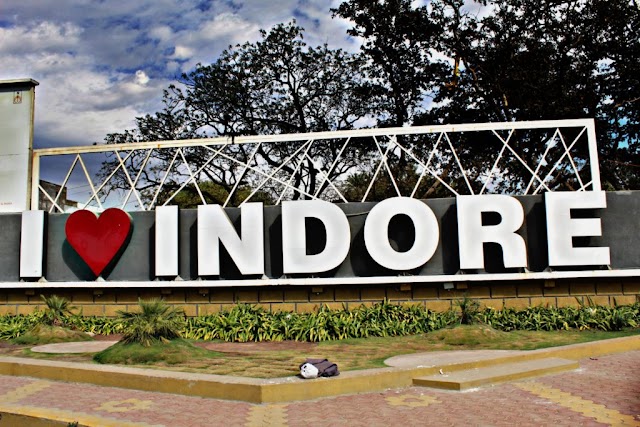New Delhi, July 11, 2023. Indore Municipal Corporation (IMC) has become the country’s first urban body to earn Extended Producer Responsibility (EPR) credit for recycling banned single-use plastic. It is worth noting that this is an additional credit to Indore city’s name, as the city has already been acknowledged as the cleanest city in the country for several years in a row.
Recognizing the achievement of IMC, Chief Minister Shivraj Singh Chouhan appreciated all the residents of Indore, administrative officers, and all the employees of the civic body. He said that this success is a result of public participation, which is a matter of pride for the entire state. He further mentioned that under the guidance of the Prime Minister, India is moving forward with a renewed approach. It is important to note that the state is focusing on promoting a circular economy.
IMC Commissioner Harshika Singh was quoted telling PTI, “Single-use plastic is completely banned in the city. We have seized about eight tons of such plastic in the recent past and prevented its circulation. We recycled this plastic stock at a plant run under the public-private partnership (PPP) model.”
With carbon credits, the Indore Municipal Corporation (IMC) has embraced the concept of ‘Waste to Wealth’ by becoming the first urban body in India to be registered on the EPR portal of the Central Pollution Control Board. Earning EPR credits demonstrates the successful implementation of the Plastic Waste Management Rules 2016 (PWM) and EPR policy by IMC. This is a significant step that reflects the transition from a linear economy to a circular economy and sustainable development.
Various campaigns to eliminate single-use plastic have contributed to Indore city’s successful model. To encourage public participation in the drive to eradicate single-use plastic, the Indore Municipal Corporation has run several awareness campaigns, including ‘Main Hoon Jholadhari Indori,’ ‘Halla Bol Drive,’ ‘Plastic Heist Gang,’ and ‘Plastic Premier League,’ among others.
The city produces over 1162 metric tonnes of municipal solid waste (MSW) every day. Source segregation of waste is done into separate categories: plastic waste, non-plastic waste, e-waste, household hazardous waste, and wet waste in domestic, commercial, and industrial institutions, among others.
Plastic waste is collected in a segregated form from the source through door-to-door and bulk collection systems, which is then transported to centralized and decentralized material recovery facilities without any human intervention. 100 percent of the transported waste is treated on the same day. Furthermore, the municipal corporation monitors the manufacturing, storage, use, and supply chain of banned plastic within the city to ensure the implementation of the PWM Rules 2016 and EPR Policy.
Active surveillance teams to control violations
19 inspection teams have been deployed at the zone level which visit different areas within the municipal corporation like commercial areas, public places, vegetable, fruit and meat markets, industrial areas to report violations of norms. Strict confiscation of plastic and imposition of fines on violators are enforced.
What’s Extended Producer Responsibility (EPR)?
Extended Producer Responsibility (EPR) is an environmentally friendly policy approach where the producer’s responsibility doesn’t end at the consumption stage but extends to the post-consumer stage of the product life cycle. Under this system, producers, including plastic producers, are given significant responsibility for the treatment and disposal of products after consumption.
Why does Extended Producer Responsibility exist?
Extended Producer Responsibility exists to address the global issue of plastic pollution throughout the product lifecycle. According to the OECD Global Plastics Outlook 2022, currently, only 9 percent of the 460 million tons of plastic produced each year is recycled, while 19 percent is incinerated. A larger portion, 50 percent, goes into landfills, and 22 percent is released into the environment. This leakage severely impacts human and animal health and pollutes air, water, and soil. Therefore, the EPR framework is designed to incentivize plastic packaging producers to take complete responsibility for the entire product cycle and reduce plastic’s environmental impact through recycling, reusing, establishing deposit return and take-back schemes.




















.jpg)



